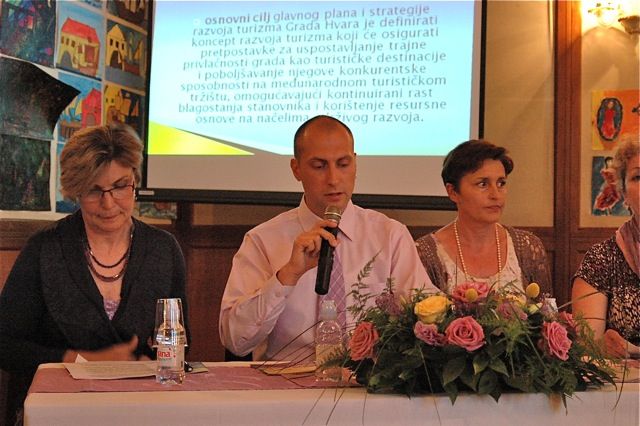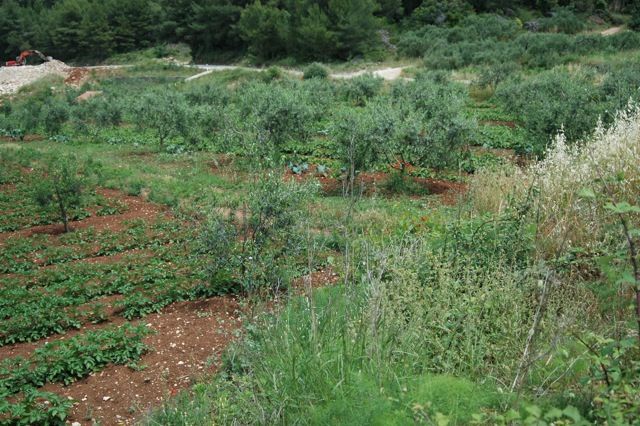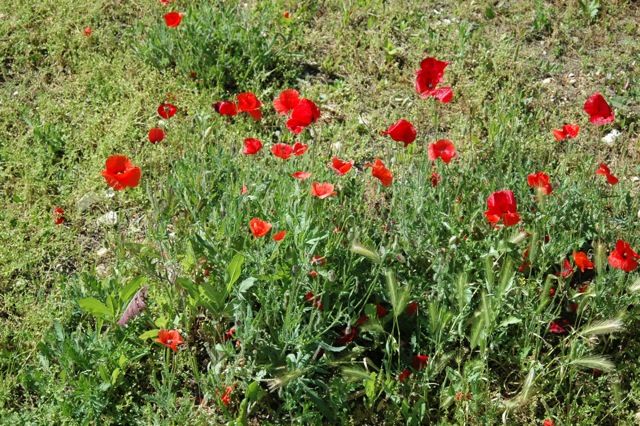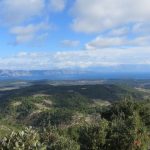With the elections out of the way, the elected Councils have to turn their attention and energies to the tasks ahead. Suggestion: focus on positive thinking and harmonious collaboration for the sake of the common good.
The Croatian local elections came to a conclusion yesterday. The feeling that many people wanted change was borne out by the fact that new Mayors were elected in all four of Hvar Island’s local Councils. In Jelsa, the candidate elected in the second round of voting was lawyer Nikša Peronja, who beat his rival, acting mayor Jakša Marić, by 67 votes, a close call. Nikša Peronja’s alternate is Ivan Grgičević, who heads the Hvar Water Board.

While Jakša Marić represented the Croatian Democratic Union Party (HDZ), Nikša Peronja stood as an independent with the backing of ‘A Group of Voters’ (Kandidat Grupe Birača). The success of independent candidates has been a feature of these elections. Local people are realizing that change is possible if like-minded individuals come together for the benefit of the society they live in. In Hvar Town the recently formed independent ‘Lista za Ponos Mista‘ (‘Candidates For Pride of Place’), led by Katija Zaninović Dawnay, achieved a resounding result, and their support for Rino Budrović, who stood against the engaging long-standing Mayor Pjerino Bebić, was definitely a factor in Budrović’s victory. In these elections, Hvar’s voters demonstrated that in the main individuals with ideals were preferable to established political figures and parties.

As the new Mayors and the elected Councils settle in, they have many practical tasks ahead. I have a few priority projects to suggest to make life in our local area better for residents and tourists alike.
1. Public toilets. Jelsa’s lack of public facilities was shown up (shamefully) last year, when some guests were not allowed to use a restaurant’s toilets during the all-night Maundy Thursday Procession. Fortunately, Captain Nijaz at Café Splendid came to the rescue. Given that several hundred people attend the Procession, and several thousand during the course of the summer, public toilets are a must.
 2. Recycling. Certain plastic bottles and cans can be returned to certain supermarkets at certain times. But there is no provision for paper, card or tins, nor is there a system for returning computer peripherals such as toners. This is shocking to visitors used to dividing up their disposable rubbish for maximum re-use to reduce the amount sent to landfill.
2. Recycling. Certain plastic bottles and cans can be returned to certain supermarkets at certain times. But there is no provision for paper, card or tins, nor is there a system for returning computer peripherals such as toners. This is shocking to visitors used to dividing up their disposable rubbish for maximum re-use to reduce the amount sent to landfill.
3. Toxic rubbish. Facilities for disposing of used engine oil should be widely publicized. People should be encouraged to dispose of used batteries in those supermarkets which accept them. By law, farmers and gardeners are supposed to take empty pesticide cannisters to the mainland for disposal in designated dumps, but there is no system in place to encourage or enforce this. 
4. Poisons. The practice of distributing rat poison to all households in polythene bags should stop, as it is a major health hazard. This year it was delivered by youngsters who did not even have the protective gloves which used to be issued to them in previous years. In view of the EU ban on certain bee-harming pesticides earlier this year, the practice of spraying along the streets with poison against mosquitoes needs to be reviewed.
 5. Rubbish. There should be more rubbish bins in public places – and people should be taught how to use them, especially for cigarette butts!
5. Rubbish. There should be more rubbish bins in public places – and people should be taught how to use them, especially for cigarette butts!
6. Graffiti. Graffiti should be cleaned up as soon as they appear – that discourages the graffiti perpetrators.
7. Pesticides and artificial fertilizers.
Jelsa Council has already banned the use of herbicides in public places, but this needs to be more strictly enforced. The Council should be in the forefront of the movement to encourage organic farming methods to protect the environment from further harm. 
8. Green household practices. The Council should encourage the use of environmentally friendly cleaning and washing materials, to reduce chemical pollution in the sea.
9. Road plans. Roads should be planned with footpaths, cycle tracks and spaces at intervals for cars to leave the roads in case of breakdown.
10. Urban improvements. The square in front of Jelsa’s Parish Church should be paved over and preferably re-supplied with trees, although they will now have to be in pots, unlike the beautiful tamarisks of former years. Future planning for public spaces should include more trees and plants. Road islands should not be cultivated and weeded, but left to flourish with wild flowers, which would need strimming just once or twice a year. Prettier, easier and cheaper.

This Top-Ten is a list of practical projects which could be debated and hopefully implemented relatively easily. There are of course many other urgent needs to be addressed which are more complex, most notably care for the elderly and sick, and entertainment facilities for the young.
Politics, especially at a local level, are about people, not parties. All too often in Council meetings projects are blocked for the sake of party ‘interests’ in a childish game of settling scores.

Now is the time for our elected representatives to work together, regardless of political affiliations, for the common good. Politicians within each Council need to work in positive harmony, and Hvar’s four local Councils should get together to collaborate on projects to benefit the island as a whole.
This could be the start of a new era of concord to achieve what is needed for the island’s citizens, visitors, investors and well-wishers, and to safeguard Hvar’s beautiful, precious and imperilled environment.











